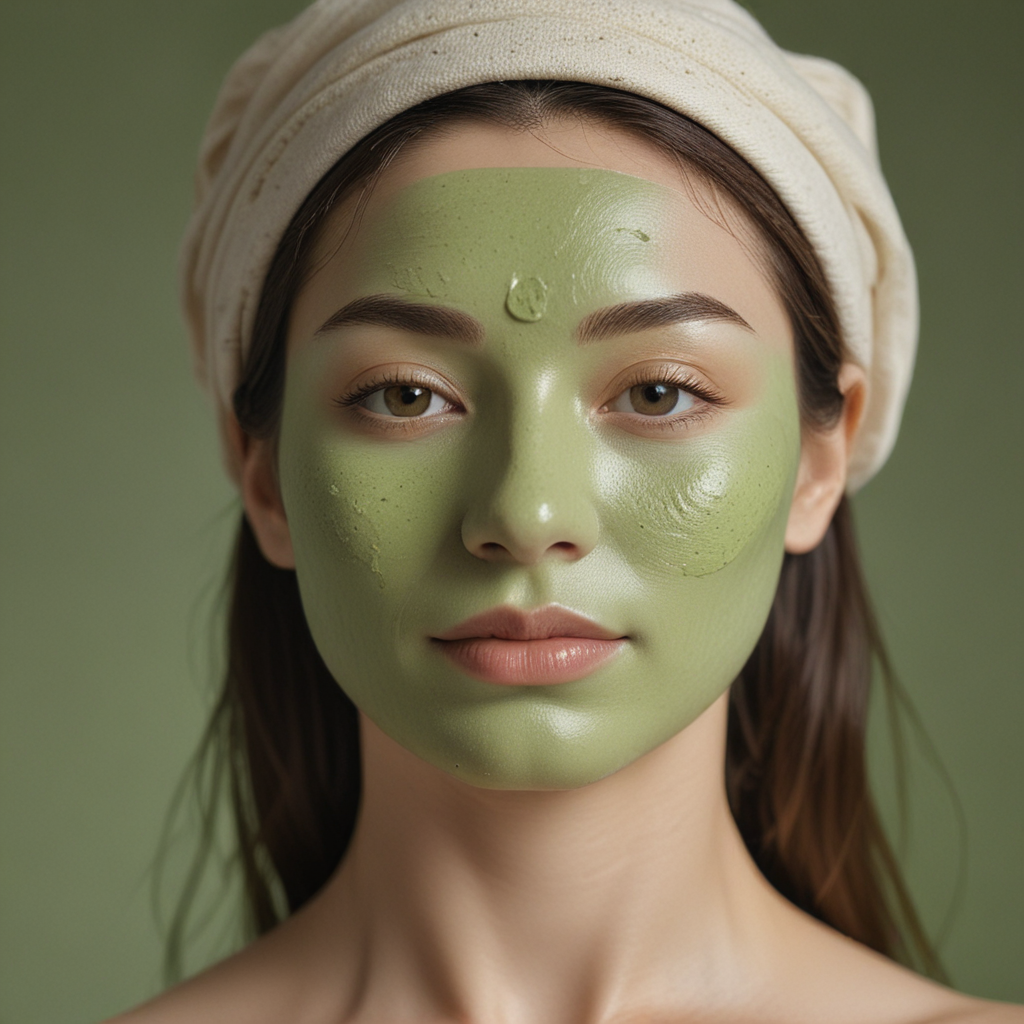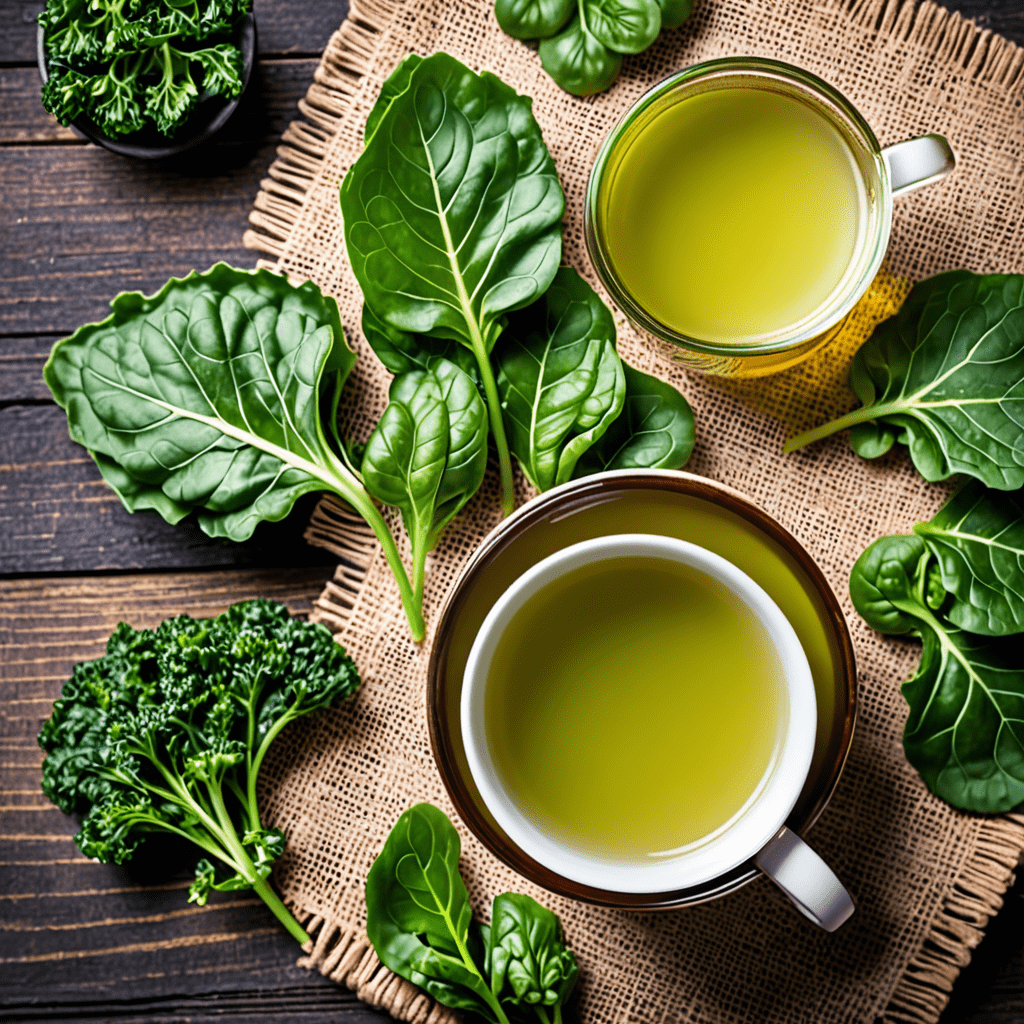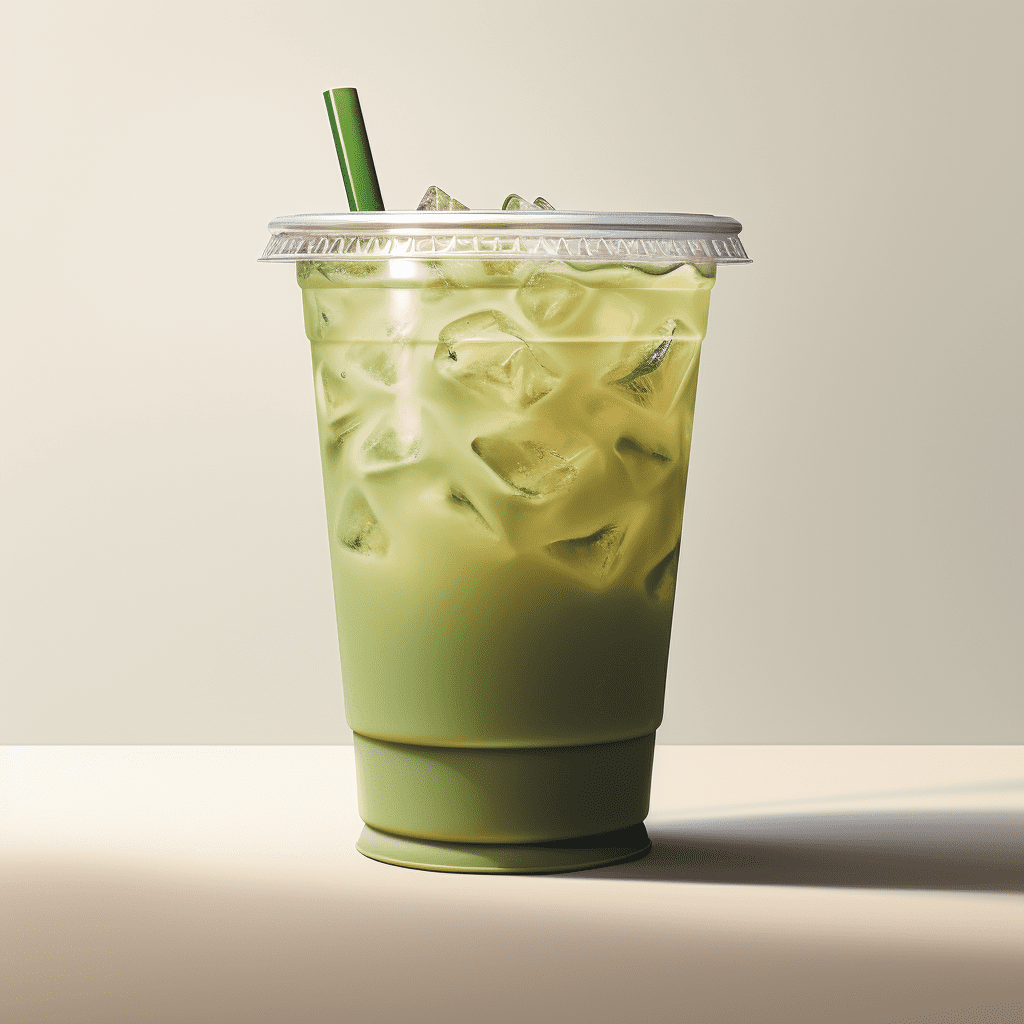Matcha Face Masks: A Trendy Skincare Secret
Introduction
Matcha, a finely ground powder derived from shade-grown green tea leaves, has gained prominence in the skincare world for its exceptional benefits. Historically revered in Japanese tea ceremonies, matcha is now celebrated for its remarkable antioxidant and anti-inflammatory properties, making it a coveted ingredient in skincare products, particularly face masks.
Benefits of Matcha for Skin
Matcha boasts an array of benefits for the skin, including its potent:
- Antioxidant Properties: Matcha is rich in epigallocatechin gallate (EGCG), a powerful antioxidant that combats free radicals, protecting the skin from damage caused by environmental stressors like UV rays and pollution.
- Anti-inflammatory Qualities: Matcha's anti-inflammatory properties help soothe and calm the skin, reducing redness and irritation, making it suitable for sensitive skin.
- Skin Brightening and Tone Evening: Matcha contains chlorophyll, which has been shown to brighten skin tone and reduce the appearance of dark spots, promoting a more even complexion.
- Antibacterial Properties: Matcha's antibacterial properties make it a potential ally against acne, reducing blemishes and promoting clear skin.
Types of Matcha Face Masks
Matcha face masks come in various forms, catering to different skin types and concerns:
- Matcha Clay Masks: Clay-based masks infused with matcha powder provide deep cleansing benefits. They absorb excess oil and impurities, leaving the skin refreshed and purified.
- Matcha Sheet Masks: Pre-soaked sheet masks infused with matcha essence offer a convenient and hydrating treatment. They deliver a concentrated dose of matcha's antioxidants and nutrients to the skin, leaving it supple and nourished.
- Matcha Powder Masks: Pure matcha powder can be mixed with water or other ingredients to create customized face masks tailored to specific skin concerns. This allows for greater control over the mask's potency and suitability for different skin types.
DIY Matcha Face Mask Recipes
Creating your own matcha face masks allows for complete customization and freshness:
- Matcha-Honey Mask: Combine 1 tablespoon of matcha powder with 1 tablespoon of raw honey. Honey's moisturizing and antibacterial properties complement matcha's benefits, resulting in a nourishing and blemish-reducing mask.
- Matcha-Yogurt Mask: Mix 1 tablespoon of matcha powder with 2 tablespoons of plain yogurt. Yogurt's soothing and anti-inflammatory properties work synergistically with matcha to calm and hydrate the skin.
- Matcha-Charcoal Mask: Combine 1 tablespoon of matcha powder with 1 tablespoon of activated charcoal powder. Charcoal's detoxifying abilities enhance matcha's cleansing properties, creating a deep-cleaning mask that purifies the skin.
Application and Frequency
Follow these steps to apply matcha face masks:
- Cleanse and Dry Skin: Start with a clean and dry face to ensure optimal absorption of the mask.
- Apply the Mask: Spread the mask evenly over the face, avoiding the eye area.
- Leave On: Allow the mask to sit for the recommended duration, typically 10-15 minutes.
- Rinse Thoroughly: Rinse the mask off with lukewarm water and pat your face dry.
The frequency of matcha face mask usage varies depending on skin type:
- Oily Skin: Use 1-2 times per week for deep cleansing and oil control.
- Normal Skin: Use 1-2 times per month for maintenance and nourishment.
- Dry Skin: Use once every 2-3 weeks, as over-exfoliation can worsen dryness.
Precautions and Contraindications
While matcha face masks are generally safe, some precautions should be considered:
- Allergic Reactions: If you have a known allergy to green tea or its components, avoid using matcha face masks. Perform a patch test on a small area of skin before full application.
- Skin Sensitivity: Matcha may cause irritation in sensitive skin. If you experience any redness or discomfort, discontinue use immediately.
Conclusion
Matcha face masks are a potent addition to any skincare routine, offering an array of benefits to improve skin health. Their antioxidant, anti-inflammatory, and antibacterial properties make them suitable for a variety of skin types and concerns. Whether using pre-made masks or creating your own DIY concoctions, matcha-infused face treatments offer a natural and effective way to enhance your skin's radiance and vitality.
FAQ
- Can matcha face masks help with acne? Yes, matcha's antibacterial properties can help reduce blemishes and improve the appearance of acne.
- Is matcha safe for all skin types? While generally safe, it's recommended to perform a patch test if you have sensitive skin.
- How often should I use a matcha face mask? The frequency depends on skin type, but start with 1-2 times per week for oily skin, 1-2 times per month for normal skin, and once every 2-3 weeks for dry skin.
- Can I use matcha powder directly on my skin? Mixing matcha powder with other ingredients like water or honey is recommended to avoid potential irritation.



